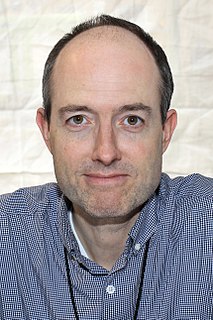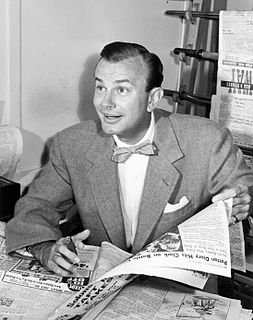A Quote by Harry Belafonte
John Steinbeck is one of the most under-discussed and under-written-about of all American writers. He is way up there and should stand on a par, or even above, Ernest Hemingway and William Faulkner.
Related Quotes
Do you think that Hemingway knew he was a writer at twenty years old? No, he did not. Or Fitzgerald, or Wolfe. This is a difficult concept to grasp. Hemingway didn't know he was Ernest Hemingway when he was a young man. Faulkner didn't know he was William Faulkner. But they had to take the first step. They had to call themselves writers. That is the first revolutionary act a writer has to make. It takes courage. But it's necessary




































